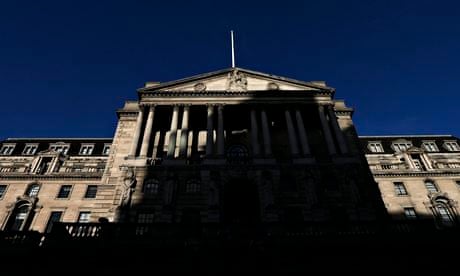Mervyn King used to say that a central bank should be judged by how boring it is. By that token the Bank of England has never been more successful, as its monthly policy decisions are utterly predictable.
It is now more than five years since Threadneedle Street changed official interest rates.
But Bank watchers should not despair. Monetary policy is going to be more interesting, not right away but at some point before the end of the year. Broadly speaking, there are four schools of thought and they can't all be right.
Conventional wisdom, supported by rates in the City's money markets, suggests that the bank rate stays where it is until the early part of 2015. The annual rate of inflation is likely to fall again next week to around 1.5%, which means the Bank can allow the recovery to embed itself before acting. It won't be until just before or just after the next general election that rates rise.
A second camp holds that it will be even later than that before policy changes. Deflationary pressures stemming from a strong pound, the lack of real income growth and cut-throat competition in the high street mean that it won't be until late 2015 that the first move comes.
At the other end of the spectrum are those who think the Bank is playing with fire by not already starting to tighten policy. The ultra-hawks believe falling unemployment and a booming housing market are signs that the economy is on the point of overheating. Given that monetary policy takes time to work, they want a rate rise before parliament breaks up for its summer recess.
Finally, there are those who think there is still a bit of spare capacity in the economy that can be used up before rates need to rise, but not as much as the Bank forecasts suggest. Accordingly, rates will start to rise by the fourth quarter of 2014.
Sentiment is only gradually swinging behind the last camp but would do so more quickly under three conditions: growth continues at its present rate, wage inflation starts to rise, and the spring house-buying season goes off with a bang.
